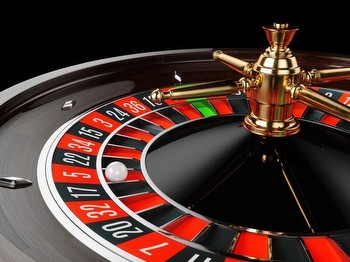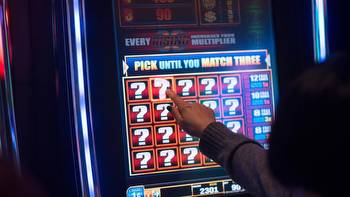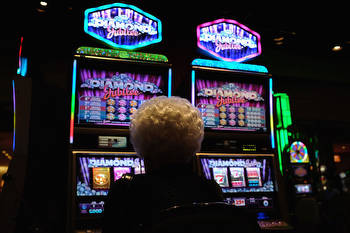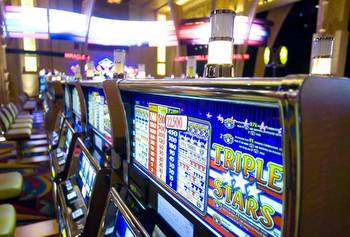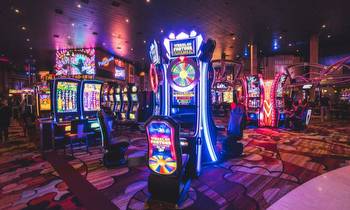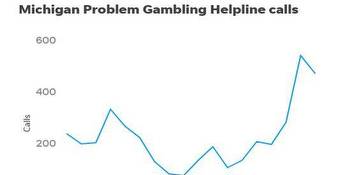Our opinion: Not all are winners with gambling

The house always wins, as the saying goes, but gambling has generated plenty of other winners in Pennsylvania, too.
The Pennsylvania Gaming Control Board recently reported that gambling generated an eye-opening $515 million in revenue in March, the first time revenue crossed the half-billion-dollar mark since gambling was legalized in 2006. It represented an 11% increase compared to March 2022, and came from slot machines, table games, games on the internet, sports wagering and more. The Hollywood Casino at the Meadows in Washington County and Lady Luck Casino Nemacolin in Fayette County contributed to that sizable take.
And while it’s never a joy to walk away from a blackjack table or slot machine with empty pockets, losers can take comfort in knowing that their “contributions” are helping with property tax relief and a portion of the proceeds also go toward beneficial community and infrastructure projects. Besides, many people who do visit casinos view it as being a form of benign leisure — they can go, maybe they’ll win something, have a little fun, and then walk away.
The dark side of gambling, though, is that it’s not just a harmless way to unwind or kill some time for some Americans, but a serious, harmful addiction. Estimates have it that 6 million of us — about 2% of the United States’ population — have a gambling addiction. And all of those addicts have a much, much easier time getting a fix than they once did. No longer does anyone have to venture to Las Vegas or Atlantic City to hang out in a casino – there are more than 400 casinos operating in the country as of 2020, and a bunch just over the border in Canada. Above all, there are an abundance of opportunities to gamble online. As more than one observer has noted, we all now have a casino in our pockets thanks to smartphones.
Individuals hooked on gambling can wreak havoc on their relationships with friends and family, savage their bank accounts and destroy their careers — how many times have we heard stories of individuals getting fired from their jobs and being brought up on charges because they’ve pilfered money from their employers’ accounts so they could gamble?
The rise of sports gambling has left some young men particularly vulnerable, according to several news reports. Pamela Brenner-Davis, team leader of the New York Council on Problem Gambling, explained, “Young people, particularly those under the age of 25, still have underdeveloped brains that make them predisposed to addiction, particularly gambling addiction.”
Pennsylvania residents who realize they have a problem with gambling can enroll in a self-exclusion program that will keep them out of casinos and away from gambling for a specific period of time. Information on getting help is also available online at responsibleplay.pa.gov.
After all, hoping that gambling addiction can be cured with one big win is a bet no one should make.











